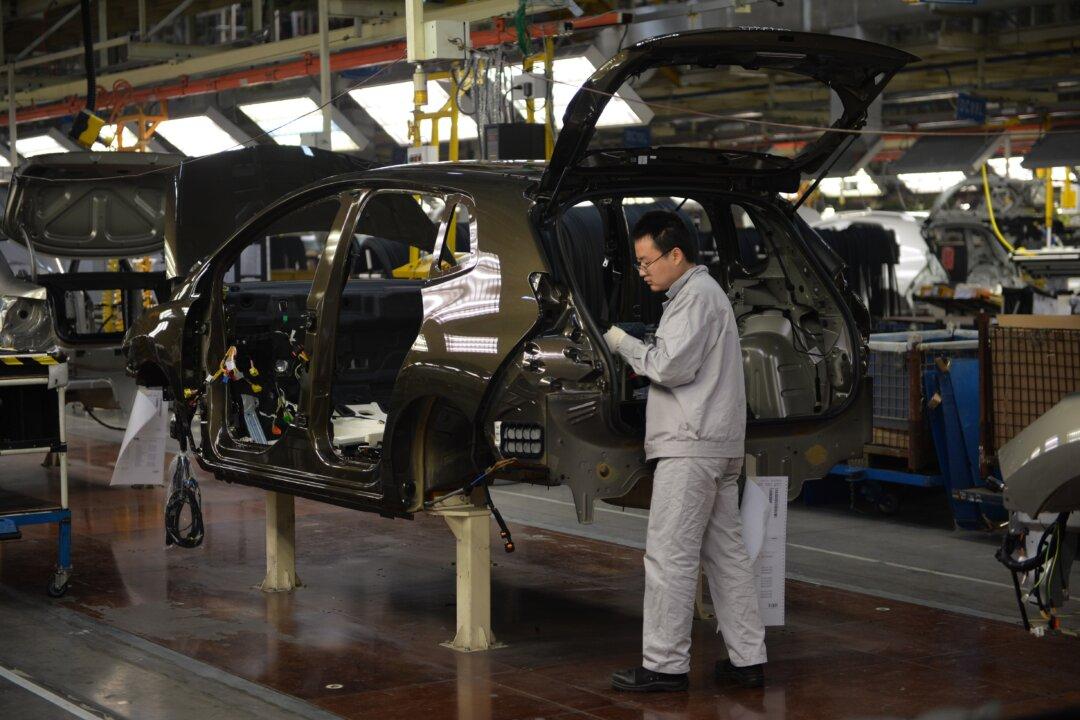Research shows that the political ideology of communism restricts innovation, which is the panacea for economic growth and long-term prosperity today.
In broad strokes, the communist tenets of state ownership of business and property, under strict government supervision, lead to a risk-averse culture. People in these societies work in an environment that discourages ambition and creativity. This is the polar opposite of the conditions that foster innovation.





